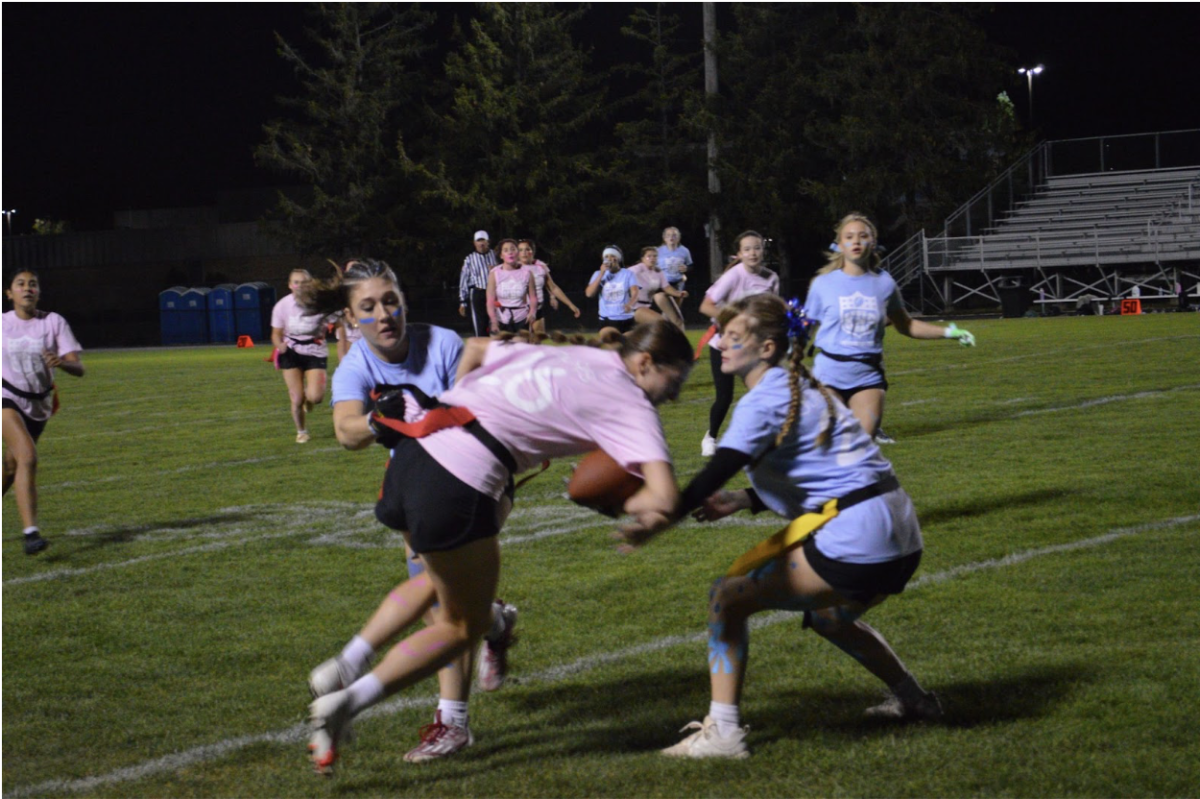Blushing, heart flutters and sweaty hands are all physical symptoms of a crush. Almost everyone has experienced these at least once, and while crushes can be exciting, they can also be harmful.
There are multiple stages of a crush, but the most well-known are denial, acceptance and obsession. The most problematic stage is obsession, where the person experiencing a crush can become blind to the faults of the person they are infatuated with.
To understand why someone becomes blind to others’ faults, one must first understand the science of a crush. According to Embrace Therapy, a website that helps with psychology questions, the first spark of attraction begins with a small release of dopamine, which is a chemical that causes a euphoric feeling. Our brain then relates the release of dopamine with seeing the person we are crushing on.
With the dopamine release, our brain paints a rosy picture of the person we have fallen for. We want to be around this person, and our friends may not hear the end of all the small interactions that took place throughout the day. Whether you are experiencing a crush or your friend is talking about their crush, many of us have experienced the feelings associated with falling head over heels for someone.
“I have been in a relationship for a long time, and I can say that when I was first talking to him, I wanted to be around him [all the time],” junior Grace Flinchum said. “I thought he was so kind, funny and cute. He still is.”
One can take it a step further with obsession over a person, which can be one of the downfalls of having a crush. According to Katherine Wu, a graduate student at Harvard University, “Love is often accompanied by jealousy, erratic behavior, and irrationality, along with a host of other less-than-positive emotions and moods.”
We tend to lose our decisiveness and problem-solving skills because our minds subconsciously choose not to see the problem, which happens when we experience a crush. For instance, we become so obsessed with the fact that this person is attractive, funny or smart that we forget to look for any potential threats.
“You can miss the red flags when you’re wearing rose-colored glasses,” Flinchum said. “In my opinion, it’s easier to see someone’s red flags when you are not romantically or platonically involved with them.”
Why do we miss the red flags, though? It’s not a conscious choice but instead something our brain tells us. We recognize the red flags, as we would in any other situation, but the burst of dopamine in the brain tells us that it is okay to ignore them.
“We are highly motivated to find a desirable life partner and to believe in the idealized image that our dates put forward, especially if it flatters our egos. Wishful thinking clouds our better judgment,” said Dr. Lawrence Josephs, a professor at the Derner School of Psychology at Adelphi University.
A 2002 Penn State research study, led by student Omotayo Banjo, focused on understanding the relationship between media and the portrayal of relationships. One of the hypotheses supported by the researchers was that “the increase in media consumption will be positively associated with idealistic material expectations.” In layman’s terms, this means that consumption of media is directly linked to desiring unrealistic expectations within a relationship.
Drawing from the research, one can understand that most of us grew up watching fictitious television shows or reading books with some elements of romance. There is rarely a plot today that doesn’t contain a romantic subplot. They subconsciously highlight the ideal relationship, which we all have a picture of in our minds. And if we don’t find the person to match that ideal, we might latch on to someone who resembles it, then try to fix whatever they are struggling with so that they become the perfect person.
What can be worse than going through this ourselves is watching a friend experience a painfully obsessive crush on someone who doesn’t deserve them. We wonder why our friends are falling for people who, in the long run, aren’t worth their time.
“When people tell you to stay away from someone or something, you might feel a little rebellious and curious about this person,” Flinchum said. “You might also want to prove them wrong, like thinking you can ‘change’ them.”
Only after we stop crushing on someone do we realize their true colors. This could be what kills the crush or the reason we break up with a person. It’s a painful thing to experience or witness, but it’s a pain brought on by our own desires.
















